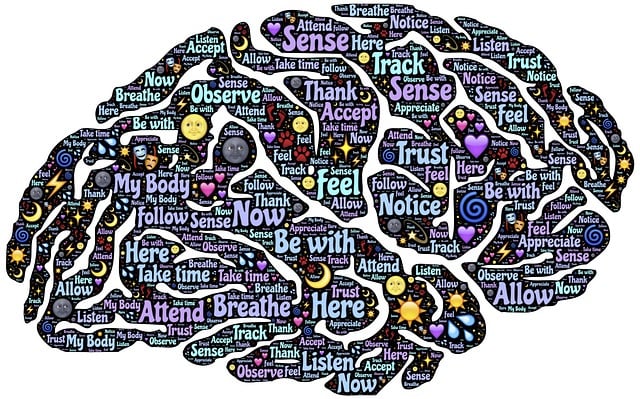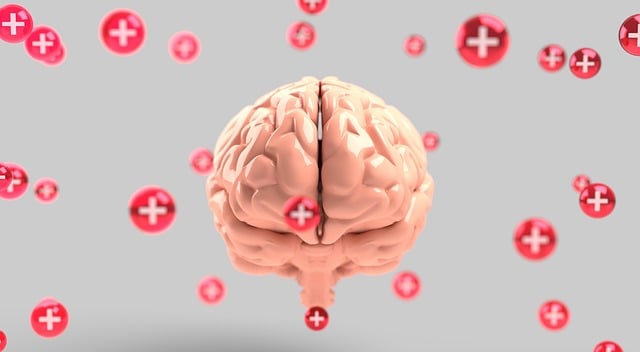Trauma among young children with cancer goes beyond medical challenges, significantly impacting their emotional, psychological, and social well-being. Effective care involves early intervention and specialized therapy like play therapy or age-appropriate communication strategies. Crisis intervention guidance normalizes emotions and teaches coping mechanisms, while 'mind over matter' principles empower kids to reframe perspectives and build resilience. A holistic approach is crucial, integrating tailored therapy, cultural sensitivity, and stigma reduction through education and policy changes, ensuring comprehensive support for therapy for young children cancer issues.
Trauma support services are vital in enhancing the care journeys of young children facing cancer issues. This article delves into understanding trauma and its profound impact on these vulnerable individuals. We explore key components of effective therapy tailored for their unique needs, focusing on strategies to provide comprehensive support. By highlighting best practices, we aim to revolutionize the approach to care, ensuring a more nurturing and successful therapeutic experience for young cancer patients.
- Understanding Trauma and Its Impact on Young Children with Cancer Issues
- Key Components of Effective Therapy for This Vulnerable Population
- Strategies for Providing Support Services and Enhancing Care Journeys
Understanding Trauma and Its Impact on Young Children with Cancer Issues

Trauma is a profound and complex experience, especially for young children facing cancer issues. Understanding trauma goes beyond the medical diagnosis; it encompasses the emotional, psychological, and social effects that can significantly impact a child’s development and overall well-being. Children with cancer often undergo intense treatments, surgeries, and hospital stays, which can be emotionally traumatic. The fear, uncertainty, and physical pain they endure may lead to long-term mental health challenges if not adequately addressed.
Early intervention and specialized therapy for young children with cancer issues are crucial in promoting their mental wellness. Therapy provides a safe space for these kids to express their feelings, fears, and experiences. Through play therapy or communication strategies tailored to their age, children can process traumatic events and develop coping mechanisms. Mental health awareness among caregivers and healthcare providers is essential to recognizing when a child needs support and ensuring they receive the necessary care for both their physical and mental health.
Key Components of Effective Therapy for This Vulnerable Population

When providing therapy for young children dealing with cancer issues, several key components are essential for effective support and healing. Firstly, crisis intervention guidance is crucial to help children process their immediate emotions and fears related to the diagnosis. This initial step involves normalizing their feelings, offering a safe space to express themselves, and providing concrete strategies to cope with anxiety and stress.
Additionally, incorporating mind over matter principles can significantly boost the child’s resilience and self-esteem. Therapists can guide young patients in reframing their perspective, cultivating positive thinking patterns, and developing coping mechanisms that empower them. This approach not only addresses the emotional challenges but also fosters a sense of control and hope, which is vital for navigating the uncertainties ahead.
Strategies for Providing Support Services and Enhancing Care Journeys

Providing support services for individuals navigating trauma, particularly young children facing cancer issues, requires a multi-faceted approach. One effective strategy is integrating therapy into care plans, focusing on evidence-based practices tailored to their developmental stage. Play therapy, for instance, can help young patients express emotions and cope with the stress of their condition in a non-threatening manner. This not only enhances their understanding of their feelings but also fosters resilience.
Cultural sensitivity in mental healthcare practice is paramount. Understanding the patient’s cultural background and incorporating culturally responsive interventions can significantly improve care outcomes. Mental illness stigma reduction efforts within these support services are equally crucial, aiming to create an environment where individuals feel safe to share their experiences without fear of judgment. This can be achieved through education, awareness campaigns, and policy changes that challenge societal perceptions of mental health and illness.
Trauma support services are vital for enhancing the care journeys of young children facing cancer issues. By understanding trauma and its specific impact on this vulnerable population, we can implement effective therapy strategies that address their unique needs. Incorporating these key components—such as specialized counseling, family-centered approaches, and accessible resources—ensures a more compassionate and supportive environment. Through innovative service provision, we can revolutionize the care experience for young cancer patients, fostering resilience and improving outcomes in the face of adversity.











